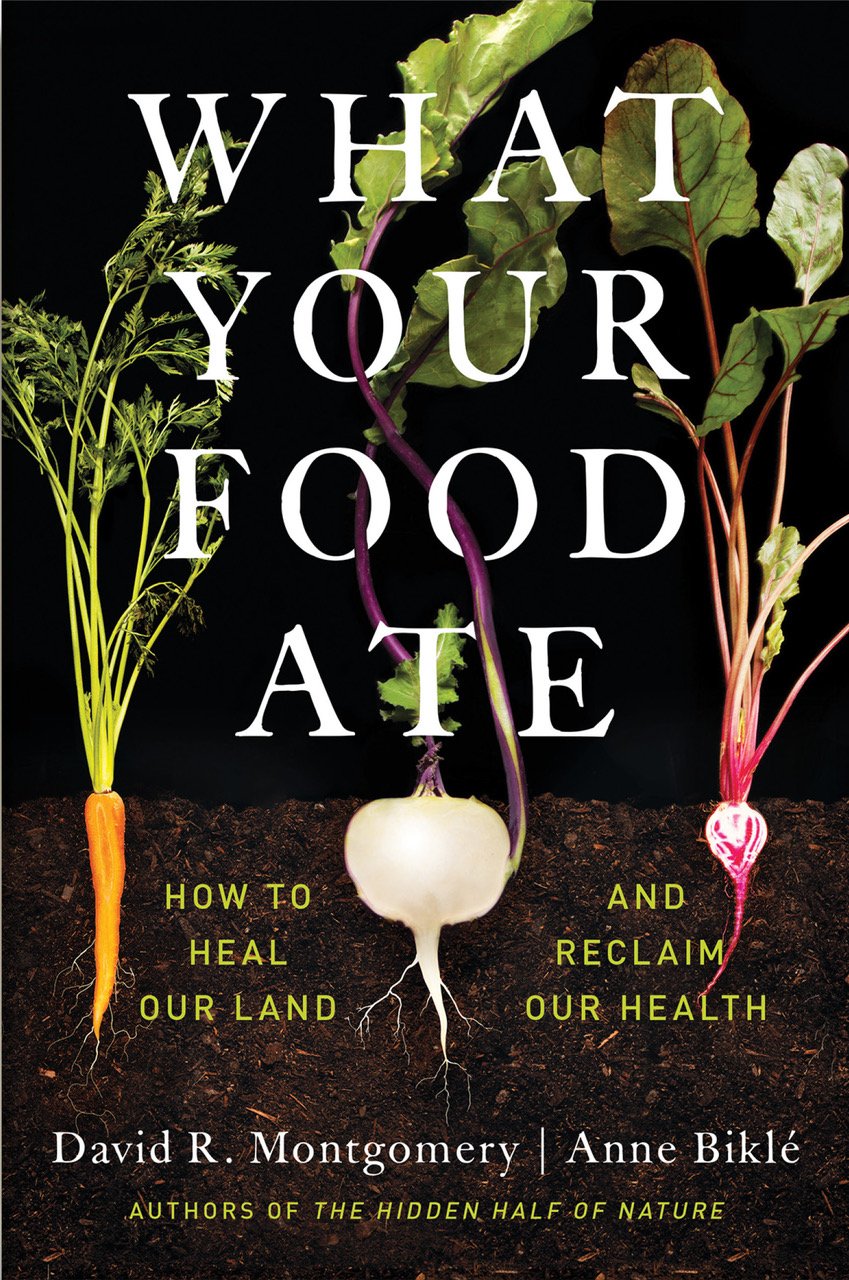We all know that diet matters and have heard the old adage you are what you eat. But dig a little deeper and the importance of what your food ate comes into focus. For how we treat the soil on farms ripples through to affect the amount of health protective micronutrients and phytochemicals in our crops, and what we feed livestock affects the mix of fats in meat and dairy products. Modern farming practices reliant on frequent tillage, excessive applications of soluble nitrogen fertilizers, and reliance on pesticides have both degraded agricultural soils and reduced the amount of beneficial compounds in foods. Yet n farms in both the industrialized and developing worlds improving soil health through adoption a combination of three transformational regenerative farming practices—minimizing soil disturbance, planting cover crops, and growing diverse crop rotations—offers a profitable way to rebuild the fertility of the soil and thereby reduce dependence on fossil fuels and agrochemicals. Combining ancient wisdom with modern science, regenerative practices can be good for farmers and the environment, translating into farms that use less water, generate less pollution, lower carbon emissions, stash carbon underground, and produce more nutrient-dense food to better support human health. It turns out that what’s good for the land is good for us too.
David R. Montgomery is a MacArthur Fellow and professor of geomorphology at the University of Washington. He studies landscape evolution and the effects of geological processes on ecological systems and human societies. An author of award-winning popular-science books, he has been featured in documentary films, network and cable news, and on a wide variety of TV and radio programs. His books have been translated into ten languages. He lives in Seattle with his wife, and co-author, Anne Biklé. Their latest book What Your Food Ate: How to Heal Our Land and Reclaim OurHealth was published summer 2022. Connect with them at www.dig2grow.com.
Register HERE for this webinar in advance.
Free webinar. All welcome.
**Presentation counts as 1-hour Master Gardener continuing garden education credit.


